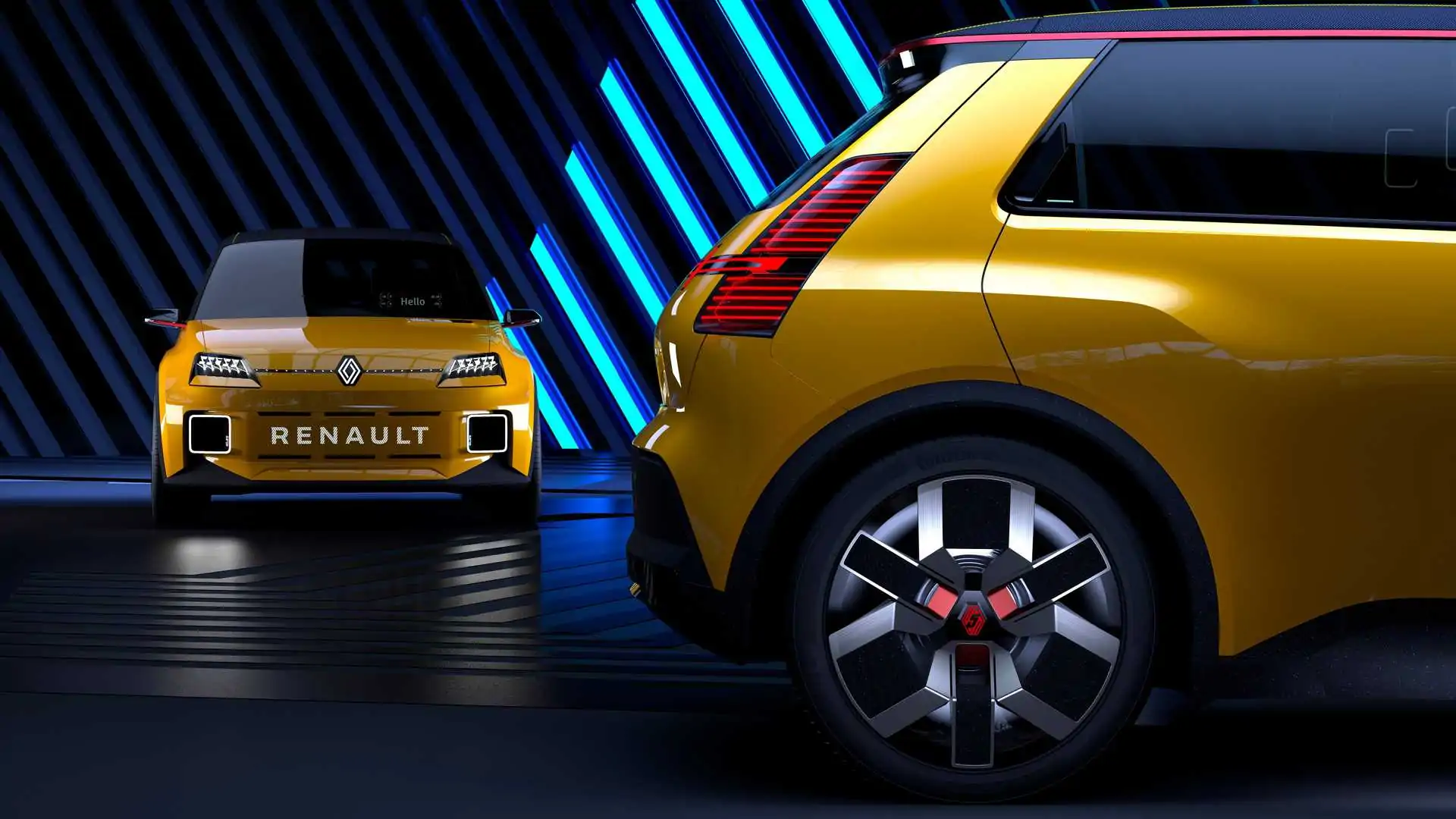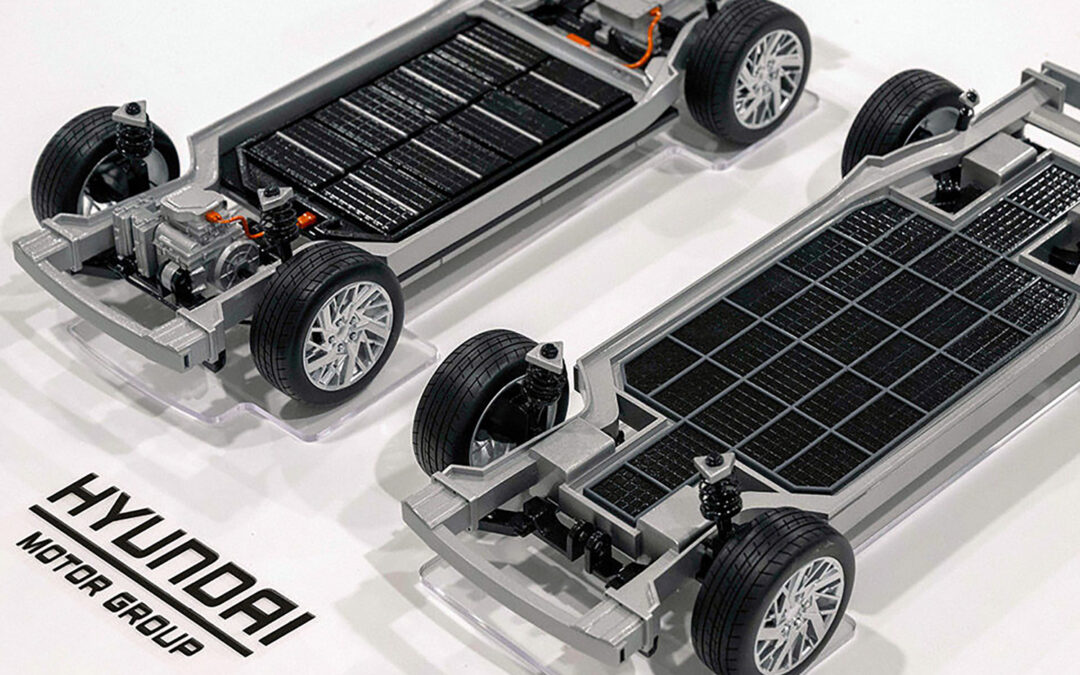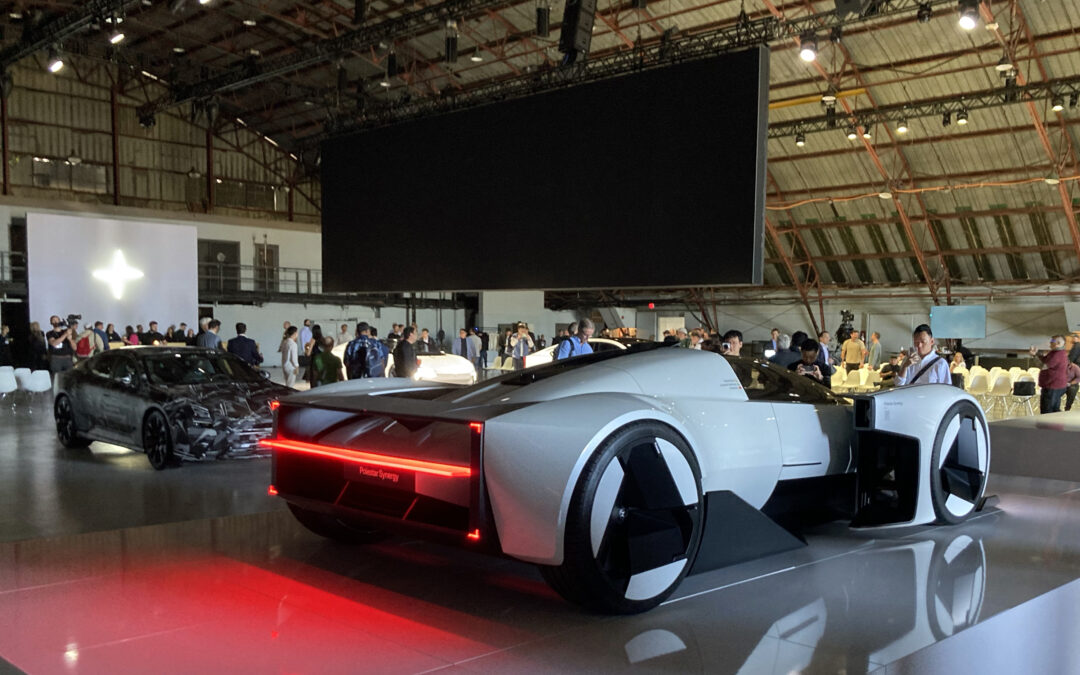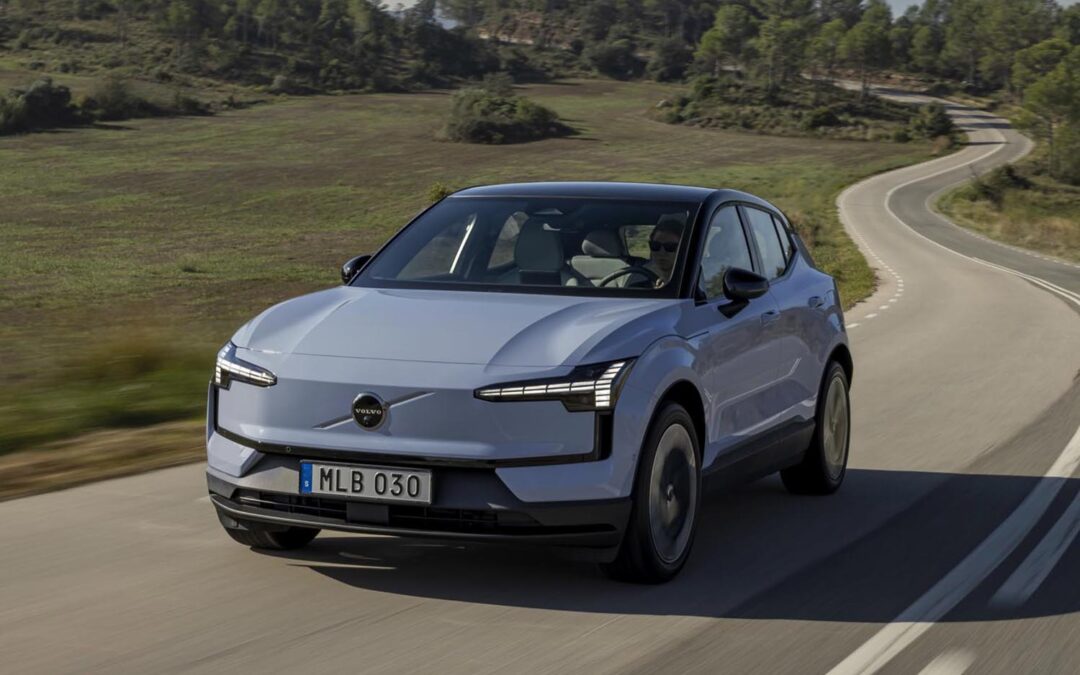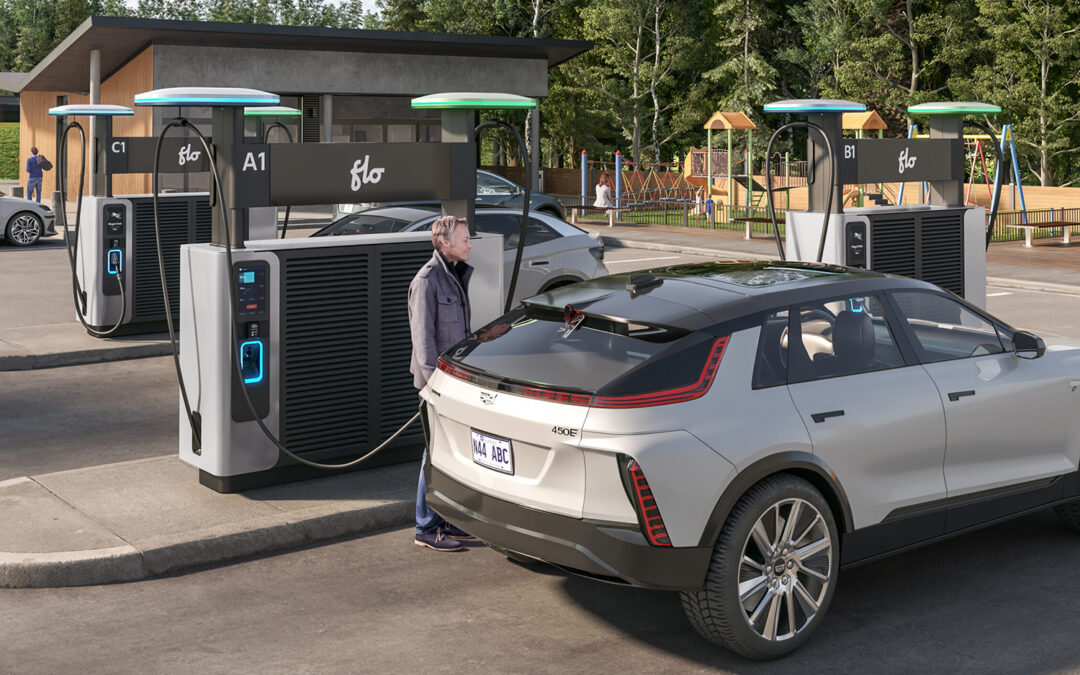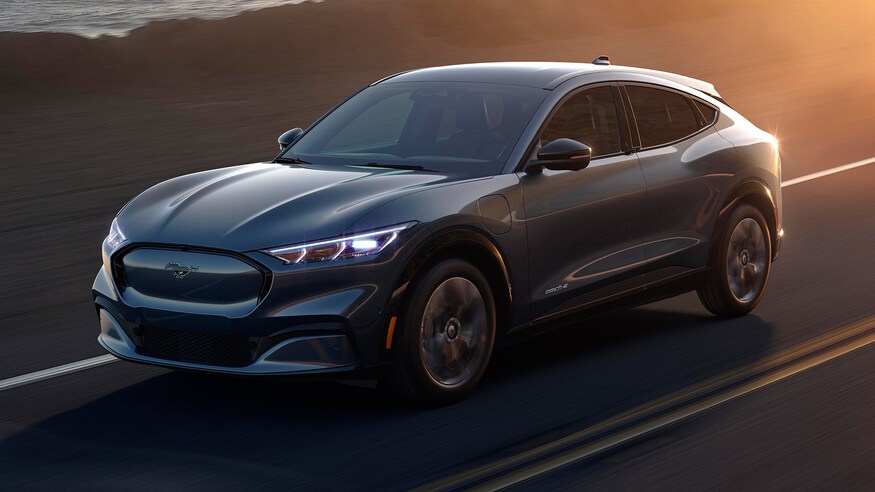The Renault Group has announced that an “entity dedicated to the development, production and sales of electric vehicles” could be introduced as the French marque moves towards electrification.
Renault has already stated that, as part of its ‘Renaulution’ strategy, the marque’s lineup will be 100 per cent electric across Europe by 2030, with 35 new EVs set to be introduced by then. Newly-announced models like the Renault 5 EV and Alpine’s GT X-Over were among the first to be introduced.
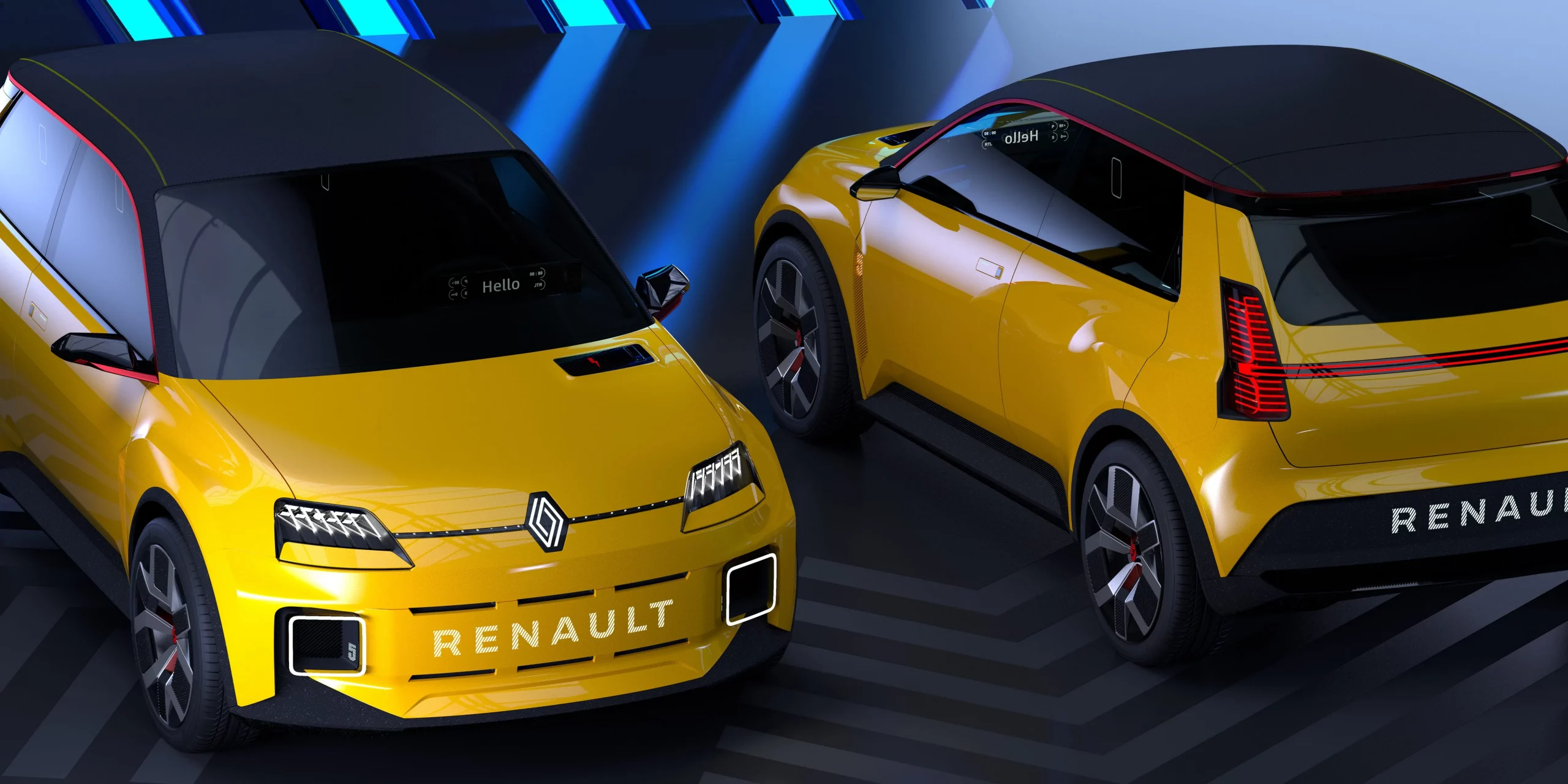
Renault 5 EV
To help achieve this goal, Renault has launched a “strategic review” to determine whether an “autonomous entity” – specifically a Electric Vehicles and Software entity – acting independently from, but still within the confines of, the Renault-Mitsubishi-Nissan alliance to develop the technology and software required for the French marque’s electric fleet: “the aim of these strategic reflections is to adapt each technology, drawing on the group’s strengths and expertise on its various markets and within the Alliance,” the announcement states.
A move like this would effectively create a dedicated EV arm of the Renault Group, one that would have the freedom to “forge partnerships in new technologies and services” to accelerate development of EV technology and software.
If greenlit, this “entity” could feature up to 10,000 employees as early as next year, and would ensure the Renault Group’s EV development stays in France. Significant, given that the French state currently holds a 15 per cent stake in the Renault Group.
Alongside this, the Renault Group is also strategizing another independent “entity,” one based outside France – an exact location is not specified – that would similarly work to further reduce emissions from the marque’s ICE and hybrid vehicles. As stated, while full electrification is the target for Europe by 2030, plug-in hybrids and cleaner internal combustion powertrains are still considered to have “significant long-term prospects and outlets in Europe and on international markets” for the brand, suggesting PHEV sales could continue worldwide beyond the end of the decade.
Such a claim is also in-keeping with Renault’s experiments with alternate fuels: back in February, the brand teased a new hydrogen-powered concept car that is due to be unveiled in full on May 19.
